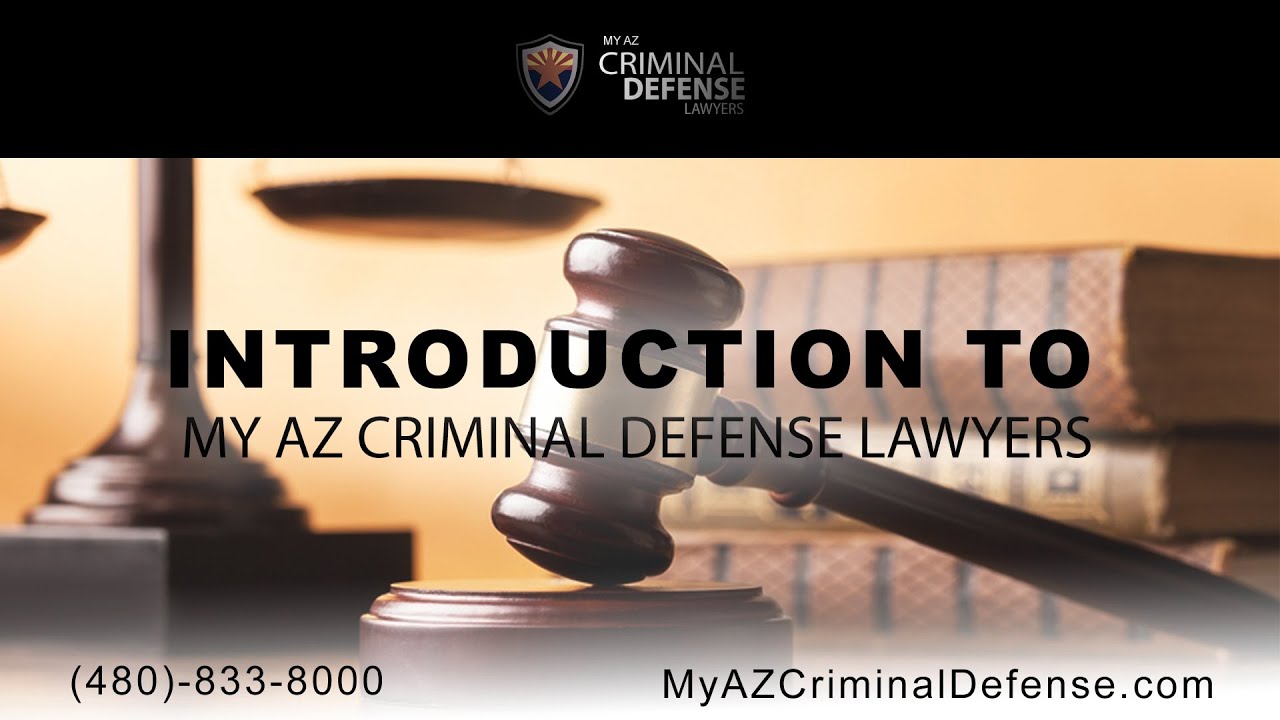What is a Car Accident?
Have you ever been involved in a car accident? If so, then you know the feeling of shock, fear, and confusion that can follow. A car accident can be a traumatic experience, and it’s important to know what to do if you’re ever involved in one. In this article, we’ll discuss everything you need to know about car accidents, including what to do after a car accident and how to avoid them in the future. The first is to understand what a car accident is. A car accident, also known as a motor vehicle accident or traffic collision, refers to an incident involving a motor vehicle that results in damage to property or harm to individuals.
Car accidents can be caused by a variety of factors, including distracted driving, speeding, and drunk driving. They can also be caused by road conditions, such as icy roads or potholes. In some cases, car accidents are even caused by mechanical failures. No matter what the cause, car accidents can have a devastating impact on the lives of those involved. They can cause serious injuries, property damage, and emotional distress. In some cases, car accidents can even be fatal.
If you’re ever involved in a car accident, it’s important to remember to stay calm and follow these steps: Check for injuries. First, check for injuries to yourself and your passengers. If you or anyone else is injured, call 911 immediately. Move your vehicle to safety. If possible, move your vehicle to the side of the road so that it doesn’t block traffic. Exchange information. Once you’ve moved your vehicle to safety, exchange information with the other driver(s) involved in the accident. This information includes your name, address, phone number, insurance information, and license plate number.
Report the accident to the police. You should also report the accident to the police. The police will investigate the accident and create a report that can be used to support your insurance claim. Get medical attention. Even if you don’t feel injured, it’s important to get medical attention after a car accident. Some injuries, such as whiplash, may not show up immediately. By getting medical attention, you can ensure that you get the treatment you need to recover from your injuries.
Causes of Car Accidents
Car accidents are a major cause of injuries and deaths worldwide. In the United States alone, over 40,000 people were killed in car crashes in 2020. These accidents can have a devastating impact on the lives of victims and their families. Understanding the causes of car accidents can help us prevent them from happening, and can also assist victims in seeking compensation for their injuries
I remember vividly one chilly November morning in 2009, I was driving to work when I was involved in a car accident. A reckless driver ran a red light and plowed into my car. I was lucky to escape with minor injuries, but the accident left me shaken and wondering how something so easily avoidable could have occurred. It was not until later that I realized how many different factors can contribute to a car accident.
Human Error
Human error is the leading cause of car accidents. It includes actions like reckless driving, speeding, or distraction behind the wheel. Reckless driving is any behavior that puts others at risk, such as weaving in and out of traffic or passing on the right. Speeding is another major cause of accidents, reducing a driver’s reaction time and increasing the amount of damage done in a collision. Distracted driving has become more common in recent years due to the rise of smartphones. Drivers who text, talk, or surf the web while driving are far more likely to cause an accident. In 2020, over 3,000 people were killed in crashes involving distracted drivers.
We’ve all been there—stuck behind a driver who’s going 10 miles per hour under the speed limit. It’s frustrating, but it’s not illegal. However, driving too slowly can be just as dangerous as driving too fast. When you drive slowly, you may impede the flow of traffic and cause other drivers to make risky maneuvers to get around you. In some cases, slow driving can even cause accidents. For example, if you’re driving slowly in a construction zone and a car behind you doesn’t have enough time to stop, they may rear-end you. It’s important to be aware of the speed limit and drive at a speed that is safe for the conditions.
Driving should require your full attention, but for many drivers, getting behind the wheel has become secondary to talking on the phone, texting, or eating. Each of these distractions takes a driver’s eyes off the road, hands off the wheel, and mind off the task of driving. In 2020, nearly 3,200 people were killed in crashes involving a distracted driver. That’s an average of nine people every day.
Weather Conditions
Weather conditions can also play a role in car accidents. Rain, snow, and ice can make roads slick and difficult to navigate. Fog can reduce visibility, making it hard to see other cars. High winds can also be dangerous, especially for taller vehicles like trucks and SUVs. In 2020, over 5,000 people were killed in weather-related car crashes.
Driving in bad weather can be treacherous. Rain, snow, and ice can make roads slick and difficult to navigate. Fog can reduce visibility, making it hard to see other cars. High winds can also be dangerous, especially for taller vehicles like trucks and SUVs. If you must drive in bad weather be sure to take extra precautions
Mechanical Failures
Mechanical failures can also cause car accidents. These failures can include problems with the brakes, tires, or steering system. In some cases, mechanical failures can be caused by poor maintenance. In other cases, they may be caused by defects in the vehicle. In 2020, over 2,000 people were killed in car crashes involving mechanical failures.
Road Hazards
Road hazards can also cause car accidents. These hazards can include potholes, uneven pavement, and debris on the road. In some cases, road hazards may be caused by construction or maintenance work. In other cases, they may be caused by natural events, such as storms or earthquakes. In 2020, over 1,000 people were killed in car crashes involving road hazards.
Consequences of Car Accidents
A car accident can happen in the blink of an eye, leaving victims and their loved ones reeling from its aftermath. The consequences of car accidents extend far beyond the initial impact, potentially affecting every aspect of a person’s life.
Physical injuries are often the most immediate and apparent consequence of a car accident. These injuries can range from minor cuts and bruises to life-threatening traumas. Even minor injuries can result in chronic pain, limited mobility, or other long-term complications.
Property damage is another common consequence of car accidents. Vehicles can be totaled, and other property, such as buildings or infrastructure, can also be damaged. The financial burden of repairing or replacing damaged property can be significant, especially for those who do not have adequate insurance coverage.
Emotional Trauma
Car accidents can also have a profound emotional impact on victims. They may experience shock, fear, anxiety, depression, or post-traumatic stress disorder (PTSD). These emotional consequences can interfere with daily life, making it difficult to work, study, or maintain relationships. In some cases, emotional trauma from a car accident can last for months or even years.
Financial burdens are another major consequence of car accidents, particularly for those who sustain serious injuries. Medical expenses, including hospital stays, surgeries, and rehabilitation, can be astronomical. Victims may also lose income if they are unable to work due to their injuries. The financial strain can be overwhelming, leading to debt, bankruptcy, or even homelessness.
Car accidents can also have a ripple effect on the lives of loved ones. Family members and friends may have to provide care for injured victims, taking time off work or school. They may also experience emotional distress and financial hardship as they navigate the aftermath of the accident.
Car Accidents: A Peril on the Road
In the blink of an eye, a routine drive can become a nightmare. Car accidents are a sobering reality, leaving countless lives shattered in their wake. One such tragedy occurred in our very community, when a young mother was struck by a speeding car as she crossed the street with her two children. The impact was so severe that it claimed her life and orphaned her young ones.
Preventing Car Accidents
To reduce the likelihood of car accidents, it is crucial to obey traffic laws, avoid distractions while driving, maintain vehicles in good condition, and be aware of potential road hazards.
Obey Traffic Laws
Every traffic law is written in blood, signifying the tragic consequences of reckless driving. Speeding, running red lights, and failing to yield can have deadly consequences. By adhering to these laws, we not only protect ourselves but also others on the road.
Avoid Distractions
In the era of smartphones and GPS devices, distractions have become a major cause of car accidents. Texting, talking on the phone, or even adjusting the radio can take our eyes off the road and lead to disaster. When driving, it is paramount to put away distractions and focus solely on the task at hand.
Maintain Vehicles
A well-maintained vehicle is less likely to break down or malfunction, reducing the risk of accidents. Regularly checking tire pressure, fluid levels, and brakes can prevent unexpected breakdowns and potentially life-threatening situations.
Be Aware of Road Hazards
Road conditions can change in an instant, and it is essential to be aware of potential hazards. Pay attention to potholes, debris, and slick roads, and adjust your driving accordingly. Anticipating and responding to these hazards can help us avoid accidents and keep everyone safe.
The Aftermath of a Car Accident: Seeking Help
Car accidents can be a harrowing experience, leaving victims shaken and uncertain of what to do next. The aftermath of a collision can be confusing and overwhelming, but knowing the steps to take can help ensure your safety and well-being. If you find yourself involved in a car accident, it is crucial to prioritize your health and legal protections by seeking medical attention, exchanging information, and reporting the incident to the authorities.
Seeking Medical Attention
Your health should be your top priority after a car accident. Even if you do not feel injured, it is essential to seek medical attention as soon as possible. Some injuries may not be immediately apparent but can worsen over time. A medical professional can assess your condition, provide treatment, and document your injuries for insurance purposes.
Exchanging Information
After ensuring your safety, exchange insurance information with the other drivers involved in the accident. This includes your name, address, phone number, insurance company, and policy number. Take photos of the accident scene, including damage to vehicles and any visible injuries. This documentation will help support your insurance claim.
Contacting the Police
Reporting the accident to the police is crucial for several reasons. It creates an official record of the incident, which can be helpful if there is a dispute over fault or injuries. The police can also direct traffic, investigate the accident, and issue citations if necessary.
Documenting the Accident
In addition to exchanging information and contacting the police, it is important to document the accident as thoroughly as possible. Write down your account of what happened, including the time, location, weather conditions, and any witnesses. Take photos of the damage to your vehicle and any injuries, and gather medical records and witness statements. This documentation will provide valuable evidence if you need to pursue a legal claim.
Seeking Legal Advice
If you have been seriously injured or the other driver is disputing fault, it is advisable to seek legal advice. An attorney can help you understand your rights, negotiate with insurance companies, and protect your interests. They can also guide you through the legal process if you need to file a lawsuit.
Car Accidents: What You Need to Know
Have you ever been involved in a car accident? It can be a frightening and confusing experience, and it’s important to know what to do in the aftermath. In this article, we’ll cover everything you need to know about car accidents, from the immediate aftermath to the legal considerations.
Be Prepared
The best way to prepare for a car accident is to not get into one in the first place. But if you do find yourself in an accident, there are a few things you can do to protect yourself and your passengers. First, always wear your seatbelt. Second, be aware of your surroundings and drive defensively. Third, avoid distractions like texting or talking on the phone while driving.
What to Do After a Car Accident
If you’re involved in a car accident, the first thing you should do is check for injuries. If you or anyone else is injured, call 911 immediately. Once you’ve checked for injuries, you should pull over to the side of the road and exchange information with the other driver(s) involved. This includes your name, address, phone number, insurance information, and license plate numbers.
Insurance Claims
After you’ve exchanged information, you should contact your insurance company to file a claim. Your insurance company will investigate the accident and determine who is at fault. If you’re found to be at fault, your insurance company will pay for the damages to the other driver’s car and any injuries they sustained. If the other driver is found to be at fault, their insurance company will pay for your damages.
Lawsuits
In some cases, a car accident may result in a lawsuit. This is typically the case if the accident was serious and resulted in significant injuries or property damage. If you’re considering filing a lawsuit, you should consult with an attorney to discuss your options.
Criminal Charges
In some cases, a car accident may result in criminal charges. This is typically the case if the accident was caused by drunk driving, reckless driving, or other illegal behavior. If you’re facing criminal charges, you should consult with an attorney to discuss your options.
Legal Considerations
Depending on the severity of the accident and the circumstances, legal actions may be necessary, involving insurance claims, lawsuits, or criminal charges. It’s important to understand your legal rights and responsibilities after a car accident. Here are some of the most important legal considerations:
- Insurance coverage. Your insurance policy will determine how much coverage you have for damages and injuries. It’s important to review your policy carefully to understand your coverage limits.
- Fault. Determining who is at fault for a car accident is crucial. This will determine who is responsible for paying for damages and injuries.
- Statute of limitations. There is a time limit for filing a lawsuit after a car accident. This time limit varies from state to state, so it’s important to contact an attorney as soon as possible if you’re considering filing a lawsuit.
- Damages. If you’re injured in a car accident, you may be entitled to compensation for your damages. This can include compensation for medical expenses, lost wages, pain and suffering, and other damages.
- Criminal charges. In some cases, a car accident may result in criminal charges. This is typically the case if the accident was caused by drunk driving, reckless driving, or other illegal behavior.




Leave a Reply